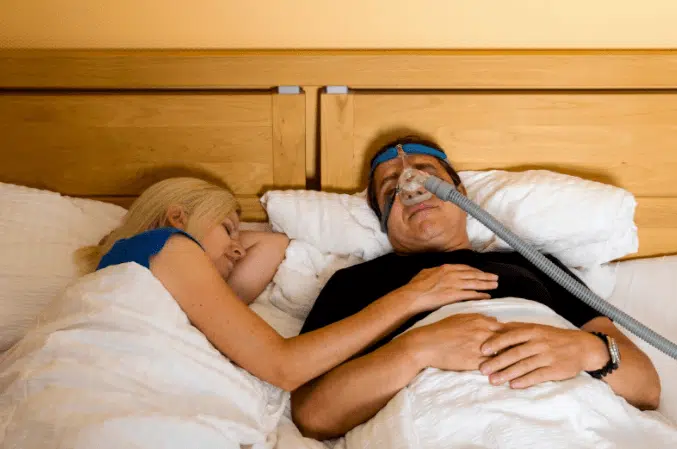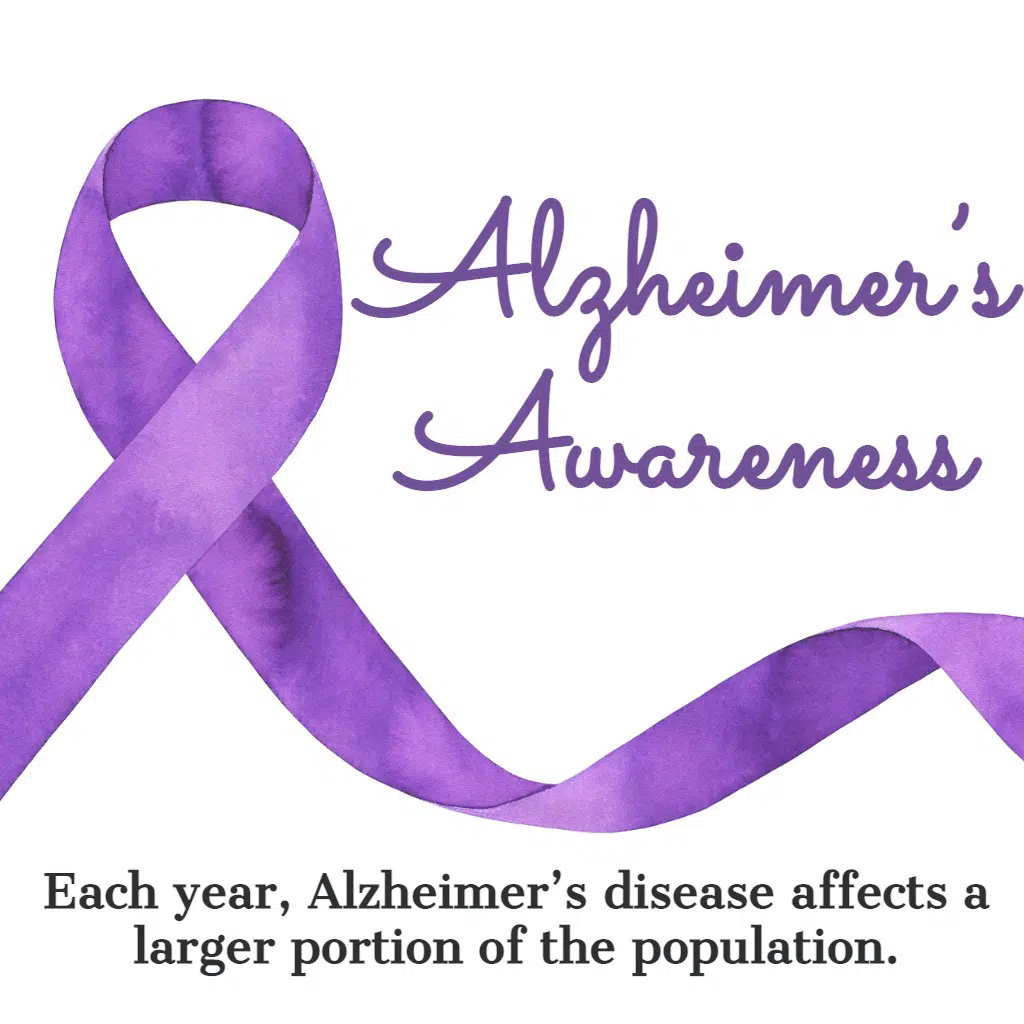A healthy diet and exercise offer a great start on your journey to total health…

Dreaded sleep disorders and sleep apnea: how are they assessed and treated?
Many of us know firsthand how important it is to get a good night’s rest. But we don’t talk about how hard it can be. Well, more than 25% of Americans suffer from sleep disorders, ranging from general insomnia to sleep apnea. It’s also possible that the actual number exceeds that by a wide margin. That’s why, today, we want to discuss assessing and treating sleep disorders.
The causes of sleep disorders are too many to name. Like most health problems, they stem from many factors, some of which are genetic and others due to lifestyle choices. Here at Total Nutrition and Therapeutics, we consider both factors by applying a holistic approach to health, nutrition, and functional medicine.
Today’s blog is extra special, as we invite the celebrated Dr. Jose Diaz of the Pulmonary Group of Central Florida. Though Dr. Diaz specializes in the lungs, he holds a special interest in sleep disorders, partly because of his own experience. After a long and thought-provoking interview, we’re anxious to pass on some of what we learned about assessing and treating sleep disorders.
Why We Need Sleep And What Happens Without It
So, why do we really need sleep? Though it seems obvious, scientists are still studying this question. We know a lot about what happens during sleep, and even what happens when we don’t get it. But exactly why we need to fall into four highly complex stages of sleep (and for two cycles!) is still of great mystery.
While there are understood reasons, it’s perhaps easier to understand sleep by studying what happens when we don’t get enough of it.
The dangers of sleep deprivation are too great to ignore. Beyond the fatigue, your immune system, nervous system, cognitions, and hormones are thrown all out of whack. Your natural ability to reach homeostasis, the primary indicator of good health, turns precarious at best. You become more susceptible to illnesses, injuries, and because of the fatigue and mental fogginess, accidents.
Worse than the physical symptoms are the mental ones. Sleep deprivation is highly correlated with depression. The inability to perform basic tasks, let alone those at a high level, can damage one’s self-esteem. Despite the mysteries of sleep, one thing’s for certain: we absolutely need it.
Sleep Apnea And Insomnia: The Sleep Nexus
Individual causes of sleep disorders are too many to name. However, two overarching disorders make up the overwhelming majority of cases: sleep apnea and insomnia. This fact might be surprising to hear. To many, sleep apnea sounds too specific to be widespread. Insomnia, on the other hand, is an infamous plague of the night. But, things aren’t always as they seem.
Insomnia affects just about a quarter of adult Americans. Sounds like a lot, right? Well, that same percentage applies to sleep apnea.
Insomnia
Tossing and turning, pacing around the house, making warm milk—we have a good picture of the insomniac. And yet, unlike sleep apnea, Dr. Diaz assures us that there’s far more mystery.
If sleep is a mystery, insomnia is an enigma. There’s no clear, homogenous cause of insomnia that would allow professionals to treat it effectively. Dr. Diaz invokes the infinite complexity of the human mind quite succinctly in saying, “It’s psychological.”
Insomnia requires changes in lifestyle, attitude, and behavior. These can be difficult to implement, but when done, many people address the problem successfully. As we believe here at Total Nutrition & Therapeutics, it’s all about taking into account the whole picture of health and wellness.
Obstructive Sleep Apnea (OSA)
There are two types of sleep apnea: central and obstructive. Central sleep apnea occurs when your body quite literally ‘forgets’ to breathe while you sleep. Central sleep apnea can present itself when inactive lung muscles or a lack of brain signaling disrupt, pause, or even stop breathing during sleep.
Central sleep apnea, however, accounts for just 10% of all sleep apnea disorders. The other 90% is constituted by obstructive sleep apnea, also known as OSA, is a severe disorder noted by disrupted breathing during your sleep. The obstructions are marked by snoring, sudden changes in breath, and overall abnormalities in breathing. One of the most frightening facts about sleep apnea is that many suffer from it without knowing.
Take Dr. Diaz, for example. It wasn’t until he was on vacation in his homeland of Peru that his children took a videotape of him snoring. What had started as a funny prank during a family trip ended as no laughing matter.
Dr. Diaz explained that he had struggled with poor sleep for years. Unwittingly, he had been suffering from sleep apnea for what could have been a significant amount of time by then.
Abnormal breathing sounds dangerous enough. But pair that with the effects of constantly disrupted sleep, and you begin to see the toll it takes on a human body. Fatigue, irritability, fogginess of mind, weakness, weight gain, and aches across the body—so reliant upon sleep, the human body begins to break down, from the mind outward, at the hands of sleep apnea’s relentless symptoms.
In what can only be called a cruel twist, oftentimes, the end result is insomnia itself, as the psychological damage caused by a lack of sleep becomes self-perpetuating.
Assessment And Treatment Of Sleep Disorders
Sleep studies are the gold standard for assessing sleep disorders. Sleep studies take place either at a clinic or practice, or even in one’s own home.
The idea is to monitor the patient and their sleep signals. Using key metrics, professionals pin down the symptoms and causes of a sleep disorder.
Assessing And Treating Insomnia
Sleep studies for insomnia can be challenging. As a highly psychological disorder, while certain signals can identify problems during the night, it’s difficult to understand why the patient isn’t falling asleep in the first place. More often than not, healthcare providers will offer a list of suggestions to help patients exhibit better sleep hygiene.
Common suggestions include:
- Avoiding food three hours prior to bed
- Using the bed only for sleep (and sex)
- Avoiding screens before bedtime and while in bed
- Avoiding stimulants before bed, such as coffee, tea, and sugar
- Eating smaller meals throughout the day
- Eating whole, nutritious foods that regulate hormones properly
- Getting plenty of exercise
- No napping
- Getting out of bed when insomnia strikes
The hardest part for insomniacs is the lack of medicinal options. “I would never prescribe sleep medicine to any of my patients,” asserts Dr. Diaz. Because there’s no clear cause, there’s no such thing as a cure, let alone a clean, effective medicine. Sleep medicines run you through a gauntlet of side effects and can even be habit-forming.
When it comes to insomnia, the holistic way is the only way. Many people start with their mental and emotional wellbeing, as insomnia is often associated with racing thoughts and worries. As mentioned above, another great place to start is with your diet. In addition to a healthy diet, there are many specific foods and substances to avoid:
- Caffeine
- Nicotine
- Alcohol
- Heavy late night meals
- Sugar (especially at night)
- Chocolate
- Spicy foods
- Acidic foods
- Water right before bed
It’s important to consult a professional about your insomnia. Our team here at Total Nutrition & Therapeutics develops detailed plans for attacking sleep disturbances and disorders. But keep in mind that if you’re unwilling to change your lifestyle, the problem is unlikely to go away on its own.
Assessing Sleep Apnea
There are three major types of sleep apnea:
- Obstructive sleep apnea is the most common of the three. Obstructive is marked by relaxed throat muscles, which can cause blockages.
- Central sleep apnea is caused by improper signals communicated between your brain and the muscles that control breathing.
- Complex sleep apnea syndrome is also known as treatment-emergent central sleep apnea. This type is a combination of the above, showing symptoms of obstructive sleep apnea and central sleep apnea.
Additionally, Dr. Diaz mentioned particular demographics more prone to sleep apnea. Dr. Diaz ranked the following traits in order of significance:
- Obesity
- Age
- Alcohol consumption
- Male
- Blood Pressure
- Diabetes
Professionals may squabble over the exact ordering. But there’s no doubt about what belongs on this list. Other traits include smoking, drug use, and yes, neck circumference, which is related to sex (males tend to have bigger necks).
Treating Sleep Apnea
Treatment for sleep apnea may begin with continuous positive airway pressure—better known as CPAP. This machine aids and monitors your breathing. It comes with a mask that fits over the nose, and can sometimes encompass the entire face. Though many complain that it’s cumbersome to wear to bed, it can effectively combat sleep apnea.
As mentioned above, CPAP doesn’t only assist in breathing. Some machines, especially those used during sleep studies, monitor your sleep’s effectiveness by tracking the cycles throughout the night. After waking, patients, using new technology, have apps they can use to check their readings and garner how well they slept, among other factors. Many CPAP machines are even equipped with Bluetooth devices.
Holistic Health And Wellness To Fight Sleep Disorders
Though many get better, sleep apnea is rarely cured. Many insomniacs must deal with sleep issues their whole lives. The ones who get better are usually the ones who work at it the most. Both Dr. Diaz and TNT’s founder, Lori Esarey, see the most results out of those who put the most in.
That’s why it’s essential to take a holistic approach to treatment. Exercising, eating well, and avoiding unhealthy habits will do wonders over any purported miracle cure. But these won’t come without the choice and ensuing action. Total Nutrition’s wellness programs treat every aspect of your body, mind, and lifestyle, from motivational factors to the tiny details that make a difference in the end.
Sleep disorders can be some of the most difficult barriers to a happy and healthy life. But they’re not insurmountable. Better yet, in treating them, you will be treating the host of other health issues that contribute to them. Check out Total Nutrition & Therapeutics’ full-service offerings to see how we can help you get started today.
Contact Total Nutrition and Therapeutics for more information about sleep disorders.
Sleep disorders affect tens of millions of Americans on a nightly basis. They wreak havoc on both mind and body. The path to beating any sleep disorder begins with a full battery of diagnostic testing and an ensuing personalized plan. Providing a holistic approach to health and wellness, that’s exactly what we do here at Total Nutrition & Therapeutics. Visit our website to find out more about how Total Nutrition & Therapeutics is fighting sleep disorders!



